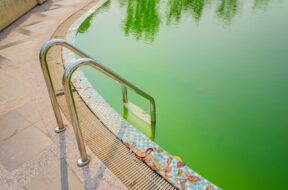


Want to learn more about algaecide? Read on to find out when to add algaecide to your pool maintenance routine and other helpful tips.
Learn how to clean and maintain your saltwater or chlorine swimming pool and hot tub.
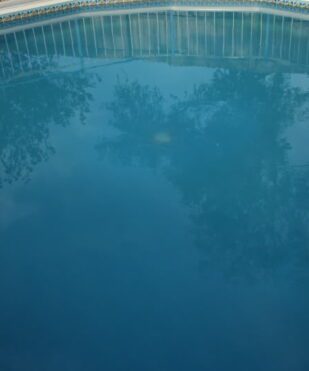
There are few things that can stop a pool party altogether—one of these things is cloudy swimming pool water. Cloudy water can be potentially dangerous, so never swim if your water looks less than clear. Testing your pool chemistry can determine whether this issue is caused by a chemical imbalance…

Are you debating filling your pool with well water? Learn about the pros and cons of filling a pool with well water from our experts.

If you’re feeling a bit overwhelmed by pool vacuum options, we’ve got you covered! Here are our reviews and buying guide for the best pool vacuums.
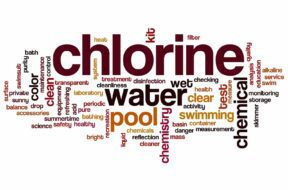
Looking for the best pool test kit for your salt or chlorine pool? This guide will help you choose the best pool test kit based on your needs and budget.

In this detailed guide, we’ll help you find the best pool shock, so you can keep your chlorine or saltwater pool clean, clear, and healthy for swimming.

In this buying guide for the best pool algaecide, we’ll help you find the best product based on swimming pool type, budget, and specific needs.

Have you considered having pool water delivered to your home? Read on for what you should look for in a pool water delivery service.

Want to learn more about algaecide? Read on to find out when to add algaecide to your pool maintenance routine and other helpful tips.
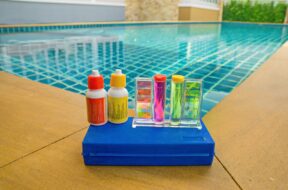

Muriatic acid is one of the most versatile pool chemicals. Read on as we answer the most common muriatic acid pool questions.
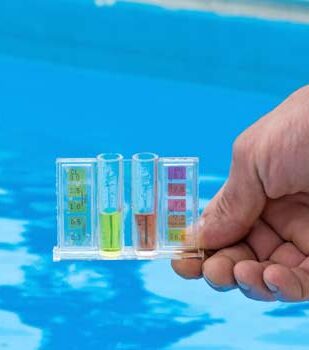

There are many benefits to having a saltwater pool. However, you can’t reap the benefits without the proper equipment. Read on to learn more.


Have you ever wondered what draws water bugs to your pool or how you can get rid of them? Read on to find out from our pool experts.
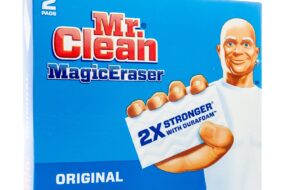

Does this trick actually work? Can a Magic Eraser clean your pool, and is it even safe? Let’s get to the bottom of it. Read on.


Looking for quick and easy ways to keep your pool clean? Read on to learn how to properly backwash a pool filter and when you should do so.
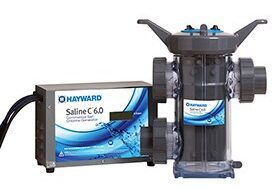

If you’re a pool or hot tub owner and are interested in the growing trend of salt water pool conversion keep reading to learn more about the process!
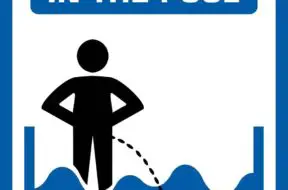

Peeing in the pool is quite common, but that doesn’t mean you should do it. Read on for why it’s not just gross but also dangerous.


Green hair from chlorine occurs because chlorine oxidizes hard metals in the pool water. Learn more about how to prevent green hair.
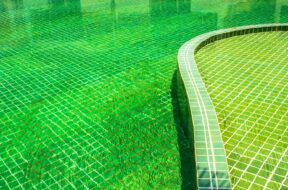

Wondering why your pool is green and how you can quickly and easily fix it? Read on for our tips and tricks on chemical imbalance!
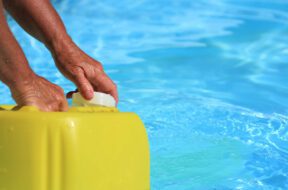


In this quick guide, we’ll answer the question “can you over shock a pool” and unveil the factors to consider when shocking a pool.
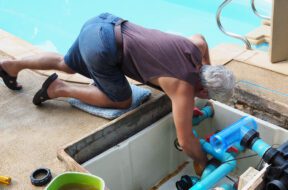

If you want something done right, do it yourself! Read on for the ultimate DIY guide on how to fix a swimming pool leak.
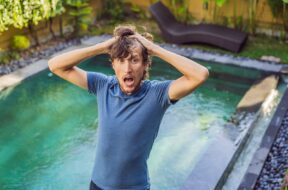

Worried your pool is leaking? Hiring someone to find a leak is expensive. Use our DIY expert guide on how to find a leak in a pool.


On this article, we help you understand the factors you should consider when choosing a new swimming pool liner.
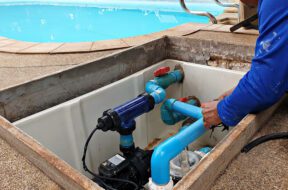

Pool pumps work closely with your pool filter and are key to your pool health. We at Pool Calculator have developed the ultimate buying guide on pool pumps.
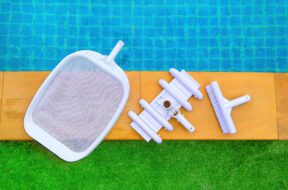

Priming your pool pump is key to your overall pool maintenance and health. Read on to learn how to prime your pump in 5 simple steps.
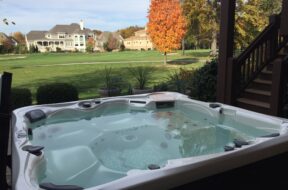

Knowing when and how to drain a hot tub is vital to keeping it clean and in good shape. Read on to learn how!


Keeping your pool clean can be a hard job that feels like a full-time career. Read on for some helpful tips to keep your swimming pool clean!
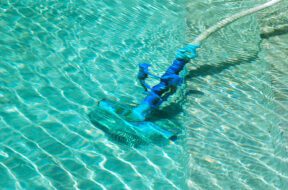

Vacuuming your swimming pool is one of the most tedious tasks you must perform as a pool owner. If you are using a manual vacuum it is a lot of hard work and also is incredibly annoying to do. Luckily for you, Pool Calculator has you covered on how to do it yourself!


The cyanuric acid level of your pool impacts the effectiveness of you chlorine. Suggested Free Chlorine takes this relationship into account.


What you sanitize your pool with is one of the most crucial decisions you will make as a pool owner. Contrary to popular belief, there are many different ways to clean your pool. Chlorine is a great and reliable option, but it isn’t the only one.


We’ve all had the experience of pure terror as a bee or wasp flies around you. Bees and wasps come out in full force during the summer time. But how do you combat this problem near your swimming pool? Today on Pool Calculator we are going to be diving into the pest problem that exists around swimming pools.


When it comes to owning a swimming pool, one of the biggest advantages you have is a healthy workout. Swimming burns many calories and is a viable alternative to running or cycling. In fact, an hour of swimming can burn upwards of 600 calories!
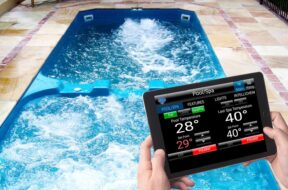

As technology advances, people’s lives seem to get easier. Advancements make tasks that were once difficult very manageable. These difficult jobs are now done by us with a press of a button. These advancements are no different when it comes to pool care.
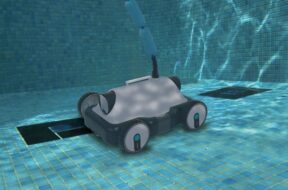

Cleaning your pool can be hard work. Robotic pool cleaners have been one of the top innovations in the pool world. Learn more here!
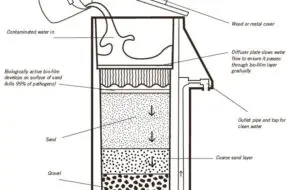

Sand filters, cartridge filters, or D.E. filters. Regardless of the filter you own, your filter does a lot of the dirty work for you. The job of a filter is to take the dirty water from your pool and clean it to the highest degree possible.
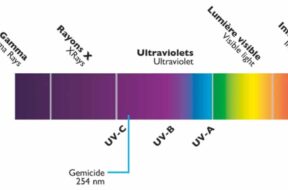

One of the latest and greatest innovations in pool technology is the use of UV rays for pool sanitation and treatment. This UV system is a supplemental pool tool that can greatly increase the cleanliness of your pool as long as it is used in an efficient way.


The Calcium Saturation Index (CSI) is a helpful tool for testing your swimming pool’s health. Read on to learn how to use it!
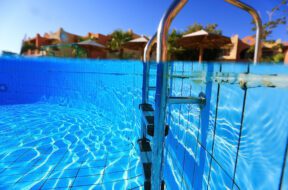

Borates provide many benefits to your swimming pool. Read on to learn more about why you should consider using borates!
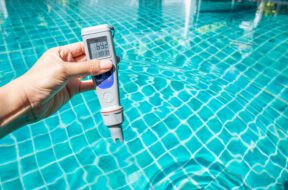

The first chlorine pool was invented and used in the year 1911 by Brown University (See source here). Since then, chlorine pools have become the most popular type of pool in the world. But is it time to rethink that norm?
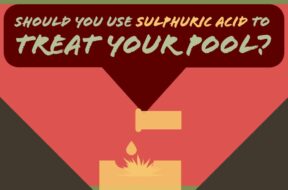

Sulfuric acid can be used to reduce the pH of your pool. But is it the right choice for you? Read on to learn more!
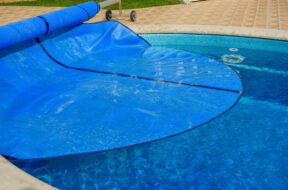

Considering a swimming pool cover? This article will touch on the pros and cons of different types to help you find the best one for you.
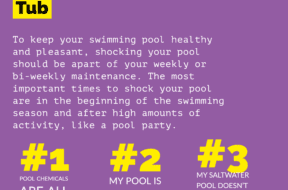

Shocking your pool should be part of your regular maintenance. It will help you avoid algae and bacteria build-up, and save you from cloudy water.


Pool filters come in 3 main styles cartridge filters, and D.E. filters. Each offers distinct pros and cons.


Maintaining your swimming pool can cost thousands of dollars a year if you rely solely on professionals. Taking a few easy steps can save you a lot of money!



Want to learn more about algaecide? Read on to find out when to add algaecide to your pool maintenance routine and other helpful tips.



In this quick guide, we’ll answer the question “can you over shock a pool” and unveil the factors to consider when shocking a pool.
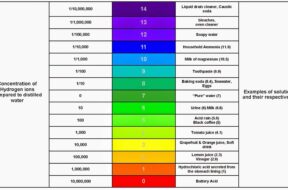

Maintaining both pH and total alkalinity in your swimming pool is important for keeping your pool properly sanitized and non-corrosive. Total alkalinity is to pH what cyanuric acid is to free chlorine. Total alkalinity stabilizes pH levels. The ideal pool pH level is 7.4 to 7.6. The ideal total alkalinity level is 80 to 120 ppm.
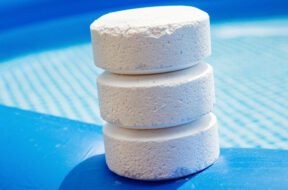

The Association of Pool and Spa Professionals recommends free chlorine levels for both swimming pools and hot tubs be kept between 2.0 and 4.0 ppm. However, the Center for Disease Control recommends free chlorine stay above 1 ppm in pools and 3 ppm in hot tubs.